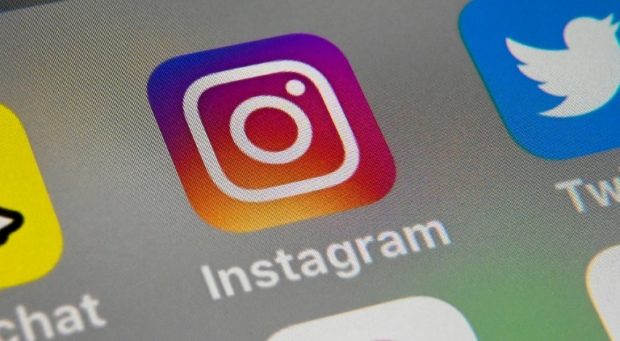Is 2020 the year when QR codes get a new lease on life?

Instagram is using QR codes to help users communicate their profiles to contacts. Image: AFP/Denis Charlet via AFP Relaxnews
Long lingering on the sidelines, Quick Response (QR) codes, those barcodes that allow for content to be accessed online through the camera on one’s smartphone, are currently enjoying a new boost in popularity.
One of the latest examples is found on Instagram, which now allows users to generate a QR code that will allow another person to easily access their profile, simply by scanning it with another smartphone.
To access one’s own QR code and share it with a contact, you simply need to go to your profile menu and select QR Code. Then all you have to do is show it to a contact who can scan it with their device’s camera and thereby discover your account — and, hopefully, become a follower. It’s also worth noting that the background of the QR code can even be customized with emoji.
Until now, Instagram only offered a proprietary code and it was necessary to go through the application’s camera to activate it. With this new function, anyone will be able to take advantage of it, offering, at least in theory, more visibility to accounts that are shared in this manner. Of course, Instagram is not the first social network to offer this service, with Snapchat the forerunner in this area.
This new feature could prove to be particularly useful for professionals who need to communicate their contact details quickly and easily. QR codes are already getting a boost from restaurants, many of whom have adopted this technology to replace printed menus with QR codes, considered a healthier, no-contact approach during the coronavirus pandemic.
QR codes first emerged in Japan more than 20 years ago but outside that country, it has mainly been used in advertising. 2020 could be the year when more of its uses in the areas of payment, augmented reality, guides and health information and tracing and more gain traction. CL
RELATED STORIES:
Internet users in lockdown turn to esports, social networks, music
Facebook challenges YouTube with licensed music videos